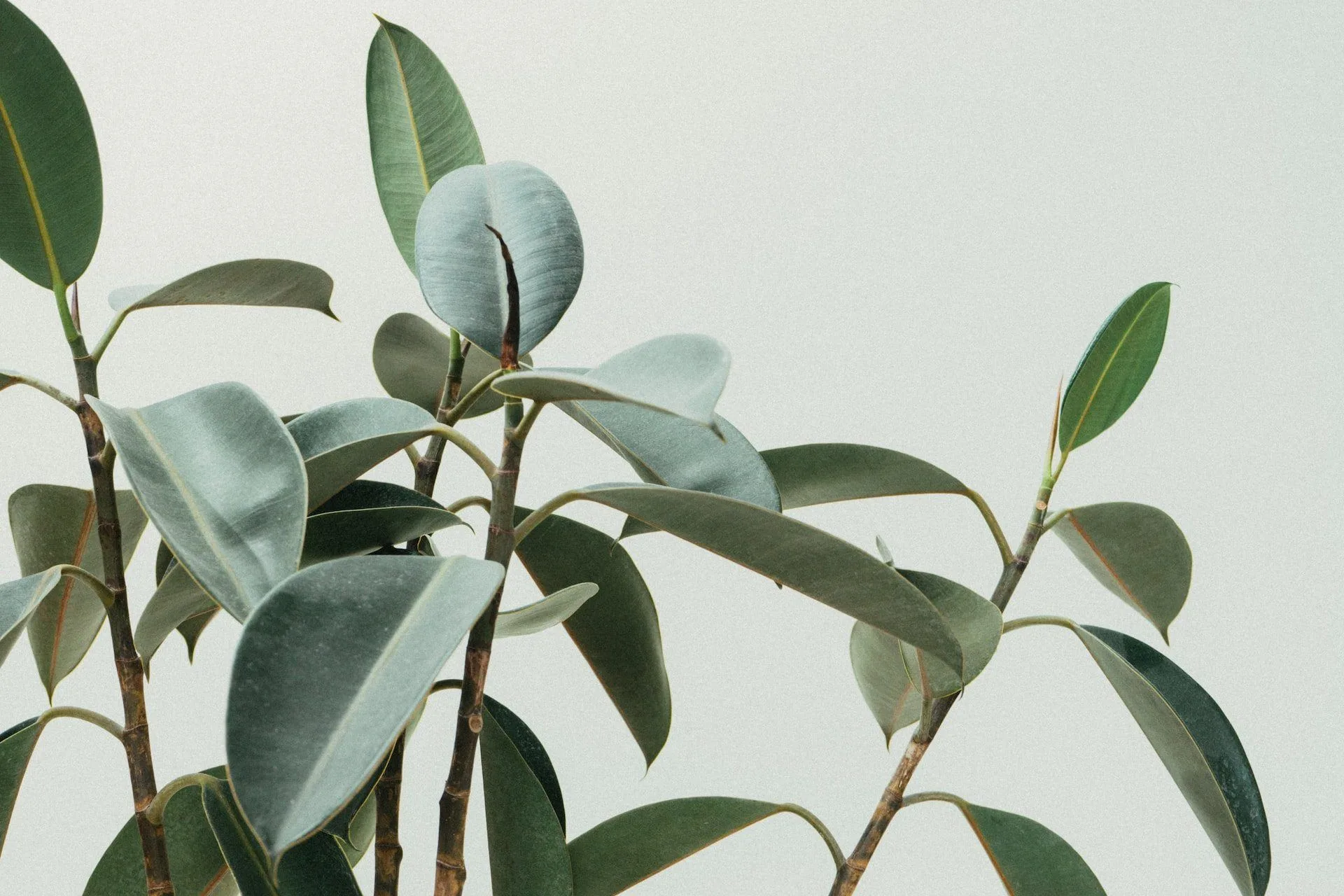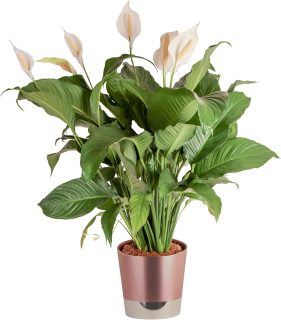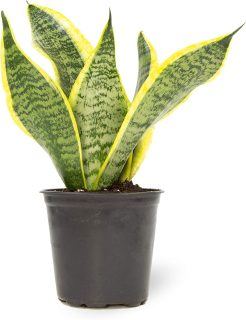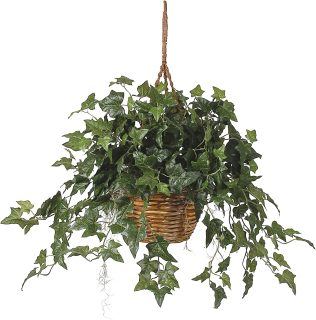Plants have the ability to brighten up a room, adding color and vibrancy to any space. From roses to lavender, there’s a wide variety to pick from. However, it seems like plants may do more for us than just serve an aesthetic purpose. Plants have medicinal properties, aiding our health and well-being in numerous ways.
The Longevity Benefits of Plants In The Home
Home décor can be frustrating. You never know what pieces go together. With the help of the Toronto furniture store, this can ease the frustration. No doubt that a home is never complete with plants, here are 3 reasons why you should incorporate plants in your home.
1. Improved Air Quality
A well-known process carried out by plants is photosynthesis, in which plants clean the air. Plants can remove numerous indoor pollutants from your home, which can be detrimental to your health.
Indoor pollutants come in two major forms:
- Particles: Include dust, most spores, and pollen
- Volatile Organic Compounds (VOCs): Fabrics, paints, and household chemicals can release gases such as bleach, furniture spray, and detergents
Research shows that plants can reduce air toxins by 87%. As the most common indoor pollutants are carbon dioxide and nitrogen dioxide, this can be extremely beneficial for our health.
Impact of Carbon Dioxide
High concentrations of carbon dioxide can be detrimental to your health in numerous ways, including:
- Headaches
- Dizziness
- Restlessness
- Difficulty breathing
- Increased heart rate
- Increased blood pressure
- Convulsions
Impact of Nitrogen Dioxide
High levels of nitrogen dioxide (which can arise from gas stove emissions) can cause damage to the respiratory tract. When this happens, it can increase your vulnerability to respiratory infections. Health risks associated with Nitrogen Dioxide include:
- Increased airway inflammation
- Reduced lung function
- Irritation of the eyes, nose, throat, and respiratory tract
- Coughing and wheezing
- Aggravated respiratory diseases (including asthma)
The best plants to include in your home for their air-purifying qualities are:
- Spider Plants (Chlorophytum comosum): These are capable of removing formaldehyde, a known carcinogen, from the air
- Peace Lily (Spathiphyllum sp.): These are capable of removing acetone, trichloroethylene, benzene, and formaldehyde from the air.
- Aloe Vera: This plant has been shown to have air-purifying qualities
2. Improved Mood
The connection humans have with plants is so strong that studies have found a link between them and an improved mood in humans. The biophilia hypothesis states that natural environments have the ability to increase positive emotions and decrease negative ones, which scientific research backs up.
A recent experiment found that participants who had spent just 5–10 minutes in a room with houseplants reported feeling happier and more satisfied, in comparison to those in a room without any plants. In another study conducted during the Covid-19 stay-at-home orders, results showed that participants who had indoor plants showed significantly fewer symptoms of depression and anxiety than those who did not.
It’s In The Color
In a study that used English Ivy as the primary plant, green-yellow, and bright green leaves were found to increase feelings of cheerfulness and relaxation, while whitish-green leaves were found to increase negative emotions. With flowering plants, a separate study found that purple and green flowers were highly effective at relaxing the body, thus reducing anxiety and improving overall mood.
The best plants to have in your home to help with your mood are:
- Lavender: As the source of one of the most popular essential oils, lavender boasts many health benefits when inhaled, including stress relief, relaxation, and the improvement of short-term memory. This makes it effective in lowering anxiety levels and creating a calm environment.
- Rosemary: As a mainstay in aromatherapy, Rosemary can be used for more than just its pleasant smell. Research has found that simply inhaling its aroma can not only lower levels of the stress hormone cortisol in your blood, but also calm the brain while simultaneously energizing the mind. This leads to improved memory function and lowered stress and anxiety levels.
- Snake Plant: Perhaps one of the most ideal house plants, the snake plant is durable, always looks fresh, and requires very little attention to growing, merely needing a bit of watering. It has been found to provide strong protective energy, being able to reduce anxiety.
3. Increased Air Humidity
The air in most of our homes is extremely dry, so indoor humidity needs to be prioritized, as it plays a massive role in various aspects of our health. It is advised that your indoor humidity should be kept between 40-60%, as this ensures that illnesses don’t have an environment that fosters growth. The health risks that arise due to dry air include:
- Increased Risk Of Colds & Flu: Prolonged exposure to low humidity levels can dry out your mucous membrane, which lines your throat and nose. This membrane is responsible for preventing allergens, bacteria, and viruses from reaching your lungs. If dried out, the likelihood of catching a cold, flu, or other infections, increases.
- Dry Nasal Passages: Breathing in dry air not only dries your nasal passages, but leads to them becoming inflamed and irritable, which can lead to congestion, sinus pressure, and even a bloody nose.
- Dry Skin: Your skin is 64% water, so when you’re exposed to dry air, there isn’t enough moisture for it to absorb. This leads to your skin drying out, which can cause itching, cracking, and even increased acne.
Not everyone has access to an air humidifier. Here are two of the best plants to have in your home to increase indoor air humidity include:
- English Ivy: With a fast growth rate and easy maintenance, this plant has been shown to have one of the highest transpiration rates, making it ideal for increasing indoor air humidity
- Jade Plant: Research has shown that this plant can increase the relative humidity in the room. With most of its transpiration taking place in the dark, it is perfect for maintaining humidity while you sleep, helping you ensure you don’t wake up feeling congested. This is also highly effective during the winter season, helping prevent colds and flu.
Plants: Medicine From Mother Nature
We spend over 85% of our lives indoors. It’s clear that having plants in your home can be beneficial for various aspects of our health.
From alleviating anxiety to helping prevent those pesky colds and flu, houseplants are an easy way to bring nature into your home. After all, we all know that nature is one of the best forms of medicine. Looking at all the benefits, it may just be time to become a plant parent.
MAIN IMAGE CREDIT:</Photo by Scott Webb on Unsplash
References
- Pérez-Urrestarazu, L., Kaltsidi, M.P., Nektarios, P.A., Markakis, G., Loges, V., Perini, K. and Fernández-Cañero, R., 2021. Particularities of having plants at home during the confinement due to the COVID-19 pandemic. Urban Forestry & Urban Greening, 59, p.126919.






![women [longevity live]](https://longevitylive.com/wp-content/uploads/2020/01/photo-of-women-walking-down-the-street-1116984-100x100.jpg)










